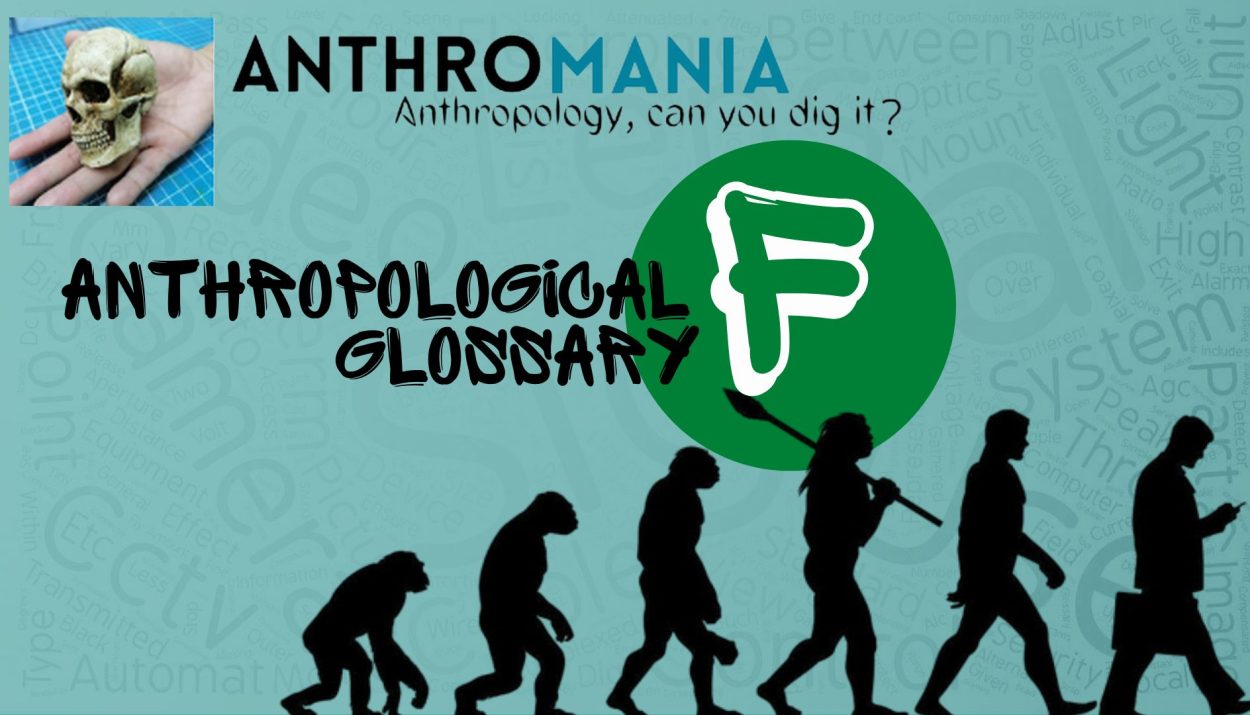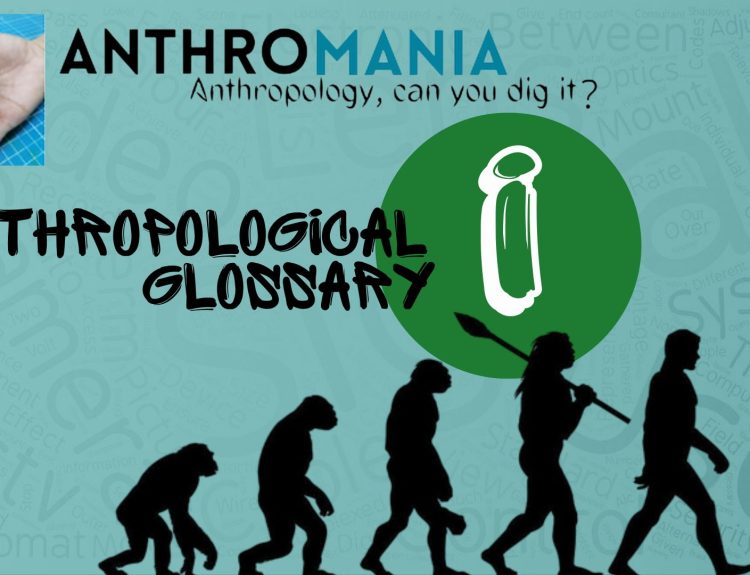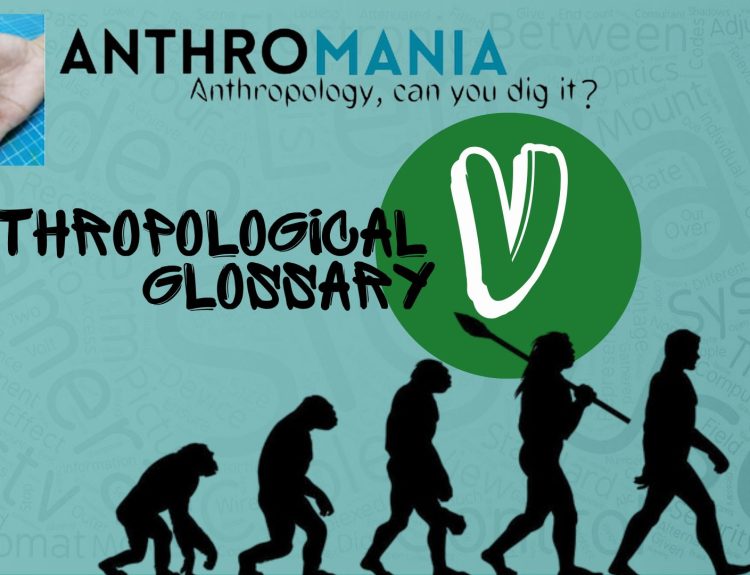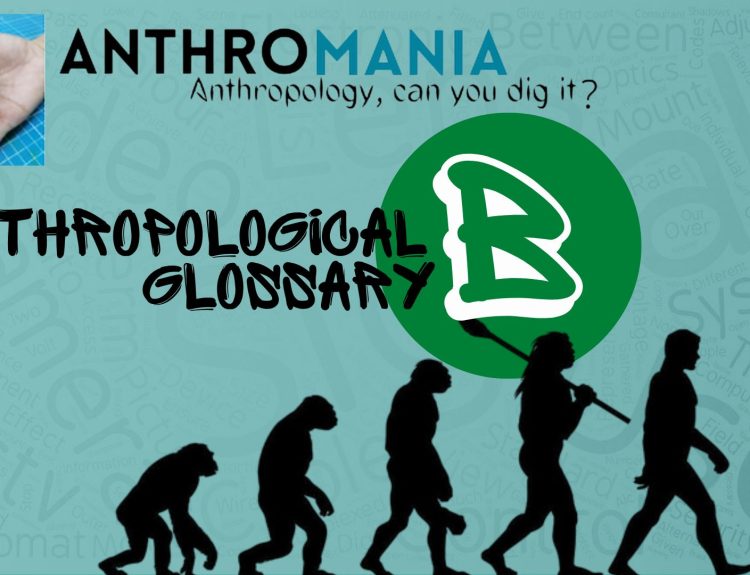The article “Anthropological Glossary (The Letter F)” aims to elucidate fundamental terminology employed in the field of anthropology.
Facial reconstruction: A forensic and anthropological technique used to recreate the facial appearance of an individual, often from skeletal remains.
Family of Orientation: The family into which an individual is born or adopted, as opposed to the family of procreation, which is the family an individual forms through marriage and having children.
Feasting: Social events or rituals that involve the communal consumption of food and drink, often playing a significant role in many cultures.
Female Genital Mutilation (FGM): A practice found in some societies involving the partial or total removal of external female genitalia for cultural or social reasons.
Feminist Anthropology: A branch of anthropology that explores how gender roles, power dynamics, and feminism intersect with the study of cultures and societies.
Femininity and Masculinity: Anthropological studies explore the culturally constructed ideas and roles associated with being feminine and masculine within different societies.
Feminization of Poverty: A sociological concept, often studied in anthropology, that explores the disproportionate poverty experienced by women and the factors contributing to it.
Fertility Cults: Rituals and beliefs associated with fertility and procreation, often found in agricultural and pre-industrial societies.
Fictive kinship: Social relationships that are considered akin to familial bonds, even though no biological or legal ties exist.
Fieldnotes: Detailed written or recorded observations and descriptions made by anthropologists during fieldwork, used to document their research and experiences.
Fieldwork: A fundamental research method in anthropology and other social sciences. It involves conducting firsthand investigations, often in the field or real-world settings, to gather data and observe phenomena.
Flexible Solidarity: A concept in anthropology that describes the ability of individuals or groups to come together or disband based on changing circumstances and needs.
Focal Species: In ecological anthropology, a species that plays a central role in a given ecosystem and is essential to the livelihood and culture of the people who depend on it.
Folklore: The traditional beliefs, stories, customs, and practices passed down within a culture or community through oral transmission.
Folk Art: Traditional and often decorative artistic expressions created by ordinary people within a culture, reflecting their local traditions and beliefs.
Folk Medicine: Traditional medical practices and remedies used in non-industrialized or indigenous cultures, often based on local knowledge and beliefs.
Folk Society: A traditional, often rural community characterized by shared customs, beliefs, and practices passed down through generations.
Folk Taxonomy: A system of categorization and classification of the natural and social world used by folk (non-scientific) cultures, often based on cultural and practical criteria.
Folk-urban continuum: The seamless connection between rural and urban environments. At one extreme of this unbroken spectrum, we encounter village life, while at the opposite extreme, we find urban life.
Food Taboos: Social and cultural restrictions on the consumption of certain foods, often influenced by religious beliefs, social norms, or symbolic meanings.
Foraging: A subsistence strategy involving hunting, fishing, and gathering of wild plants and animals for sustenance, typically associated with nomadic or semi-nomadic societies.
Forensic anthropology: A specialized field of anthropology that applies scientific methods to analyze human skeletal remains and assist in criminal investigations.
Formalism: A theoretical approach in anthropology that emphasizes the analysis of formal structures and abstract principles within cultures, often associated with structuralism.
Fossils: The preserved remains or traces of ancient organisms or their activities, found in rocks and sedimentary layers.
Fossilization: The process by which fossils are formed.
Founder effect: A loss of genetic variation that occurs when a new population is established by a small no. of individuals from the original population.
Functionalism: A sociological and anthropological theory that examines how elements within a society or culture work together to maintain stability and balance.
Read- Theory of Functionalism
Functional Equivalents: In the study of kinship and social structure, these are cultural features or practices that serve similar functions in different societies, even if they appear different on the surface.
Funerary Rites: Rituals and customs associated with death and burial in different cultures, encompassing beliefs about the afterlife and honouring the deceased.
Fusion Cuisine: The blending of culinary traditions and ingredients from different cultures, often resulting in a unique and hybrid style of cooking.







